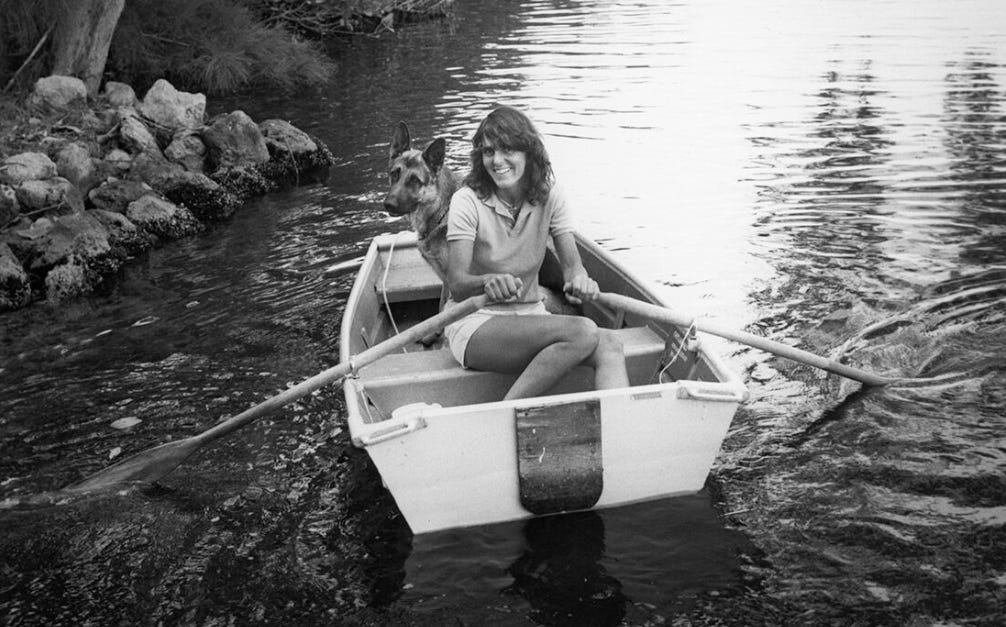SOME NEW PIECES
And an old one on Joy Williams
I have a new piece out today in the August issue of Harper’s Magazine on Christopher Hitchens. In the spring issue of Jacobin I have a short essay on literary reputation. In the current issue of the Drift I wrote some jottings for their forum on contemporary fiction. And in the third issue of Forever I have a short piece called ‘Bestseller List’. Alas the last piece is not online, but it may appear in this space sometime soon. Coming soon too are several pieces I’ve been planning and a radio interview with Zain Khalid, author of the new novel Brother Alive. I’ve been busy the past few weeks acting in a couple of plays, Caveh Zahedi’s ‘Ulysses and I’ and Matthew Gasda’s Berlin Story. The latter closes Wednesday night. The show is sold out [CORRECTION: new seats have just been added] but there will be a wrap party at 432 Hudson Street afterwards from 10:30 pm. Dimes Square will return for two nights, August 2 & 3, in the same space. [Soon to be rescheduled.] In any case, in the meantime, here is a review of Joy Williams’s novel Harrow, my favourite book of last winter, first published in January in the Telegraph.
TERRORISTS LONG IN THE TOOTH
Joy Williams’s Harrow has something basic in common with many recent novels: it’s set in an America of the near future or altered present that has undergone some combination of political crisis and environmental catastrophe. There have been several good books like this (Sam Lipsyte’s Hark; Lydia Millet’s The Children’s Bible; Kazuo Ishiguro’s Klara and the Sun) and as many, or more, lousy ones (Richard Powers’s Bewilderment). Harrow is the strangest and most beautiful novel along these lines:one that parts most radically with realism and conventional psychology. Its concerns are spiritual, existential, and metaphysical. It more often resembles a prose poem or a litany of fairy tales than a contemporary novel. Hardly any of it is plausible, and that hardly matters. It’s all pleasure, if pleasure of a bleak and darkly violent sort. It’s also often pretty funny, in a deadpan way.
